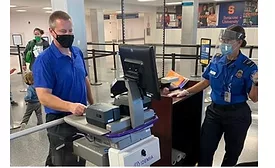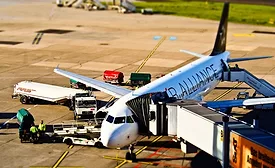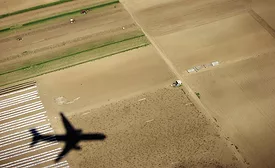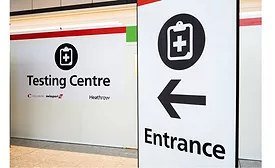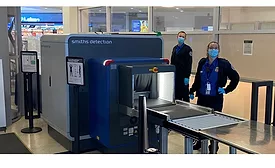Home » airport security
Articles Tagged with ''airport security''
Security 500 Thought Leader Profiles
John Clark: Securing Loudoun's Schools
November 5, 2020
Sign-up to receive top management & result-driven techniques in the industry.
Join over 20,000+ industry leaders who receive our premium content.
SIGN UP TODAY!Copyright ©2026. All Rights Reserved BNP Media.
Design, CMS, Hosting & Web Development :: ePublishing

